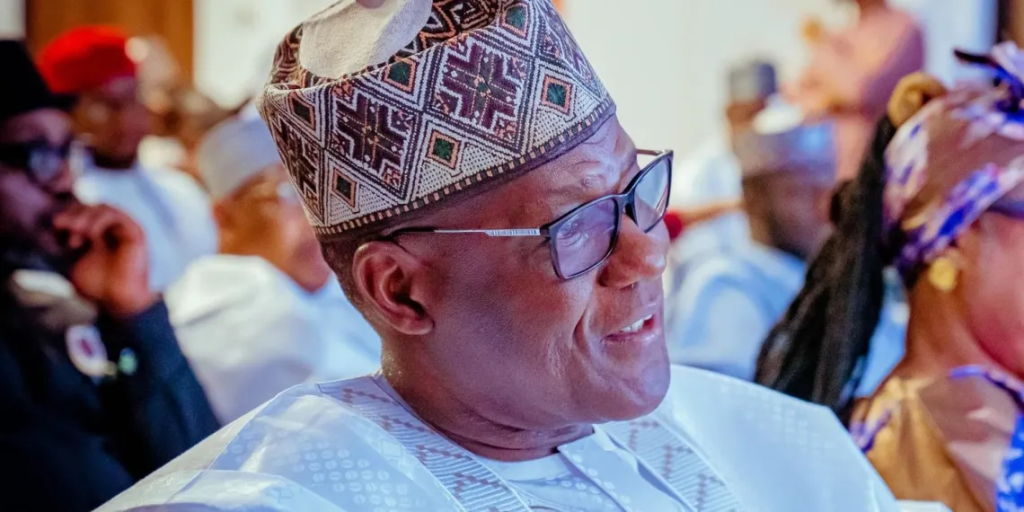
The Chairman of the National Constitutional Governance Council (NCGC), Yakubu Dogara
Former Speaker of the House of Representatives, Yakubu Dogara, has said President Bola Tinubu inherited “economic debris” from the administration of former President Muhammadu Buhari, forcing him to initiate immediate and sweeping reforms to avert national collapse.
Mr Dogara, who is Chairman of the Board of the National Credit Guarantee Company (NCGC), made the remarks on Tuesday in Abuja while delivering a paper at the inaugural Distinguished Parliamentarian Lecture with the theme “Navigating Tax Reforms in Nigeria: Insights on President Bola Tinubu’s Policies.”
The former Speaker said by the time Mr Tinubu assumed office in May 2023, Nigeria’s economic fundamentals were in tatters.
He cited ₦22.7 trillion printed and injected into the economy via the controversial “Ways and Means” financing — a policy he said destroyed the naira’s value.
“By the time President Tinubu took office, the economic debris of the nation had become too conspicuous to be ignored. N22.7 trillion had been printed and injected into the economy in the name of Ways and Means thereby destroying the value of the naira in our pockets,” Mr Dogara said.
He also criticised the dual exchange rate system that allowed “anointed people” to amass huge profits from arbitrage without producing goods or services. Mr Dogara further highlighted the growing practice of tying crude oil sales to foreign loans through forward-sale arrangements, which he described as unsustainable.
Faced with this situation, Mr Dogara said, President Tinubu had no choice but to act swiftly.
“From day one, it was very clear that something urgent, nay revolutionary, must be done to prevent our economy from imploding,” he said.
He praised Mr Tinubu as a reformer who recognises that democracy must guarantee not only political freedoms but also economic justice, especially for vulnerable groups.
Mr Dogara said the president’s tax reforms represent “the most audacious fiscal overhaul in Nigeria’s history.”
To modernise Nigeria’s tax framework, Mr Tinubu set up the Presidential Committee on Fiscal Policy and Tax Reform, whose recommendations aimed to dismantle obsolete laws, broaden the tax base, and align with global practices.
The new tax reform laws, signed by the president on 26 June 2025, include:
These laws consolidate 16 fragmented federal tax statutes into four comprehensive Acts. While the NRSA and JRBA took effect immediately on 26 June, the NTA and NTAA will commence on 1 January 2026 to allow adequate preparation.
On the 5% fuel surcharge included in the new tax laws, Mr Dogara explained it is not a new levy but an existing provision under the Federal Roads Maintenance Agency Act of 2007.
He said it will not apply to household kerosene, cooking gas (LPG), compressed natural gas (CNG), or renewable energy products, and will only take effect after an order by the Minister of Finance through the official gazette.
Mr Dogara acknowledged that the reforms have faced stiff opposition, especially from those benefitting from the old system.
“At some point, it became clear that many of those opposed to the reforms were more interested in seeing the president fail than in building a sustainable economy,” he said.
He warned of challenges such as uncertainty over interpretation, technology gaps, inadequate professional capacity, and higher short-term compliance costs for businesses. Nonetheless, he urged Nigerians to support the president to ensure full implementation, saying the reforms could define Mr Tinubu’s presidency.